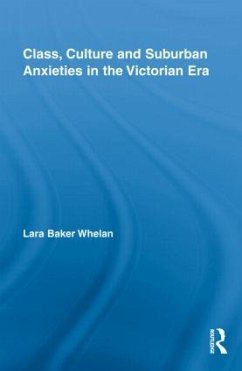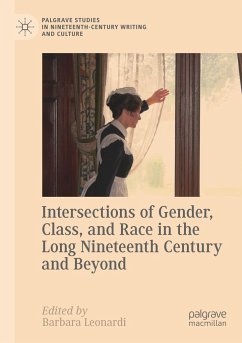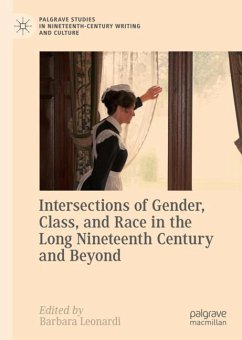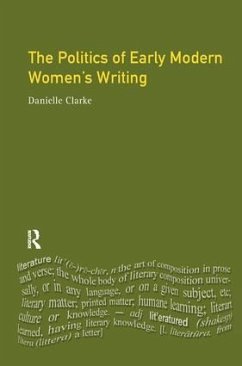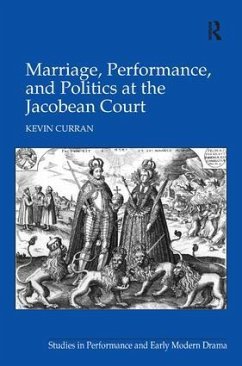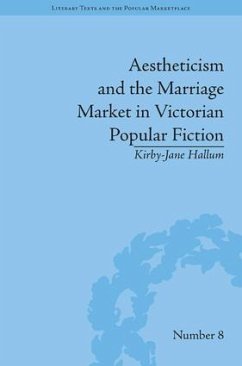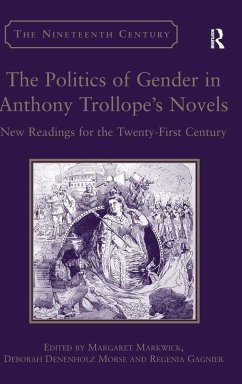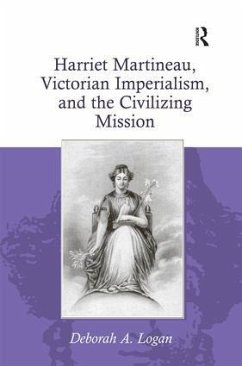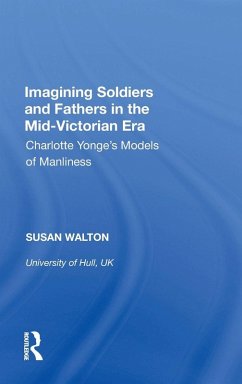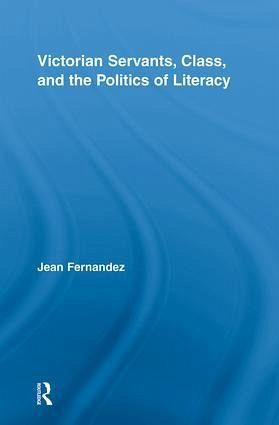
Victorian Servants, Class, and the Politics of Literacy
Versandkostenfrei!
Versandfertig in 1-2 Wochen
185,99 €
inkl. MwSt.
Weitere Ausgaben:

PAYBACK Punkte
93 °P sammeln!
Utilizing an array of cultural texts, fiction, servant autobiography, diaries and pamphlets, this study examines the debate on mass literacy as it developed around the figure of the Victorian servant, as well as its significance for understanding the nexus between class and narrative power in nineteenth-century literature.
In this volume, Fernandez brings the under-examined figure of the Victorian servant out of obscurity in order to tell the story of his or her encounter with literacy, as imagined and represented in nineteenth-century fiction, autobiography, pamphlets and diaries. A vast body of writing is uncovered on the management of servant literacy in Victorian periodicals, advice manuals, cartoons, sermons, books on household management, and pornography, thereby revealing that the domestic sphere was a crucial war zone in the battle over mass literacy. By attending to how fictional and nonfictional texts of the age feature literate servant narrators, she demonstrates how the issue of servant literacy as a cultural phenomenon has profound implications for our understanding of the nexus between class, mass literacy, voice and narrative power in the nineteenth century. The study reads canonical fiction by Mary Wollstonecraft, Emily Bronte, Elizabeth Gaskell, Wilkie Collins, and R.L. Stevenson alongside popular detective fiction by Catherine Crowe, the Diaries of Hannah Cullwick, and best-selling pamphlets of the age, while introducing to Victorian scholarship hitherto little known or unknown servant autobiographies that address life history as an engagement with literacy.





